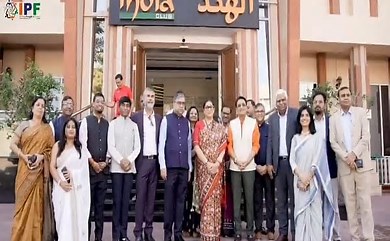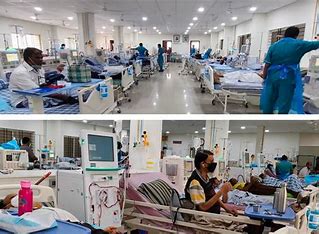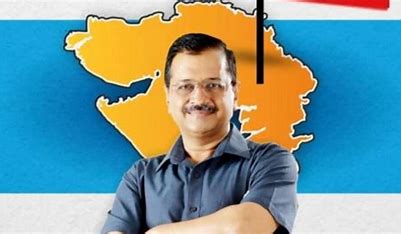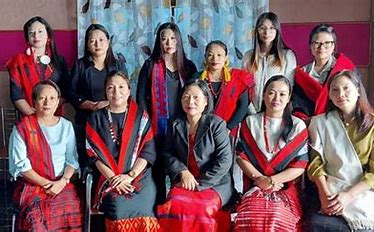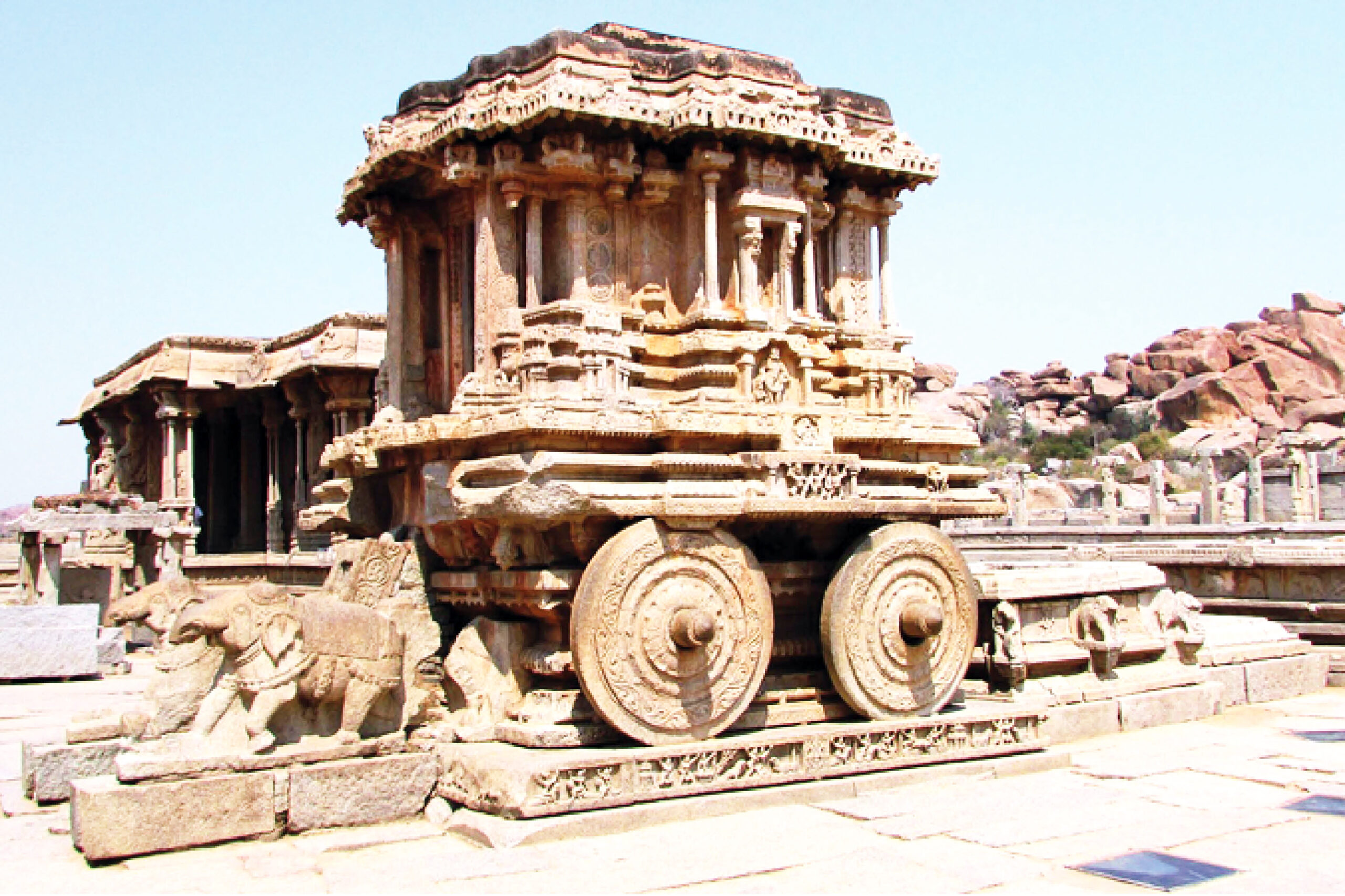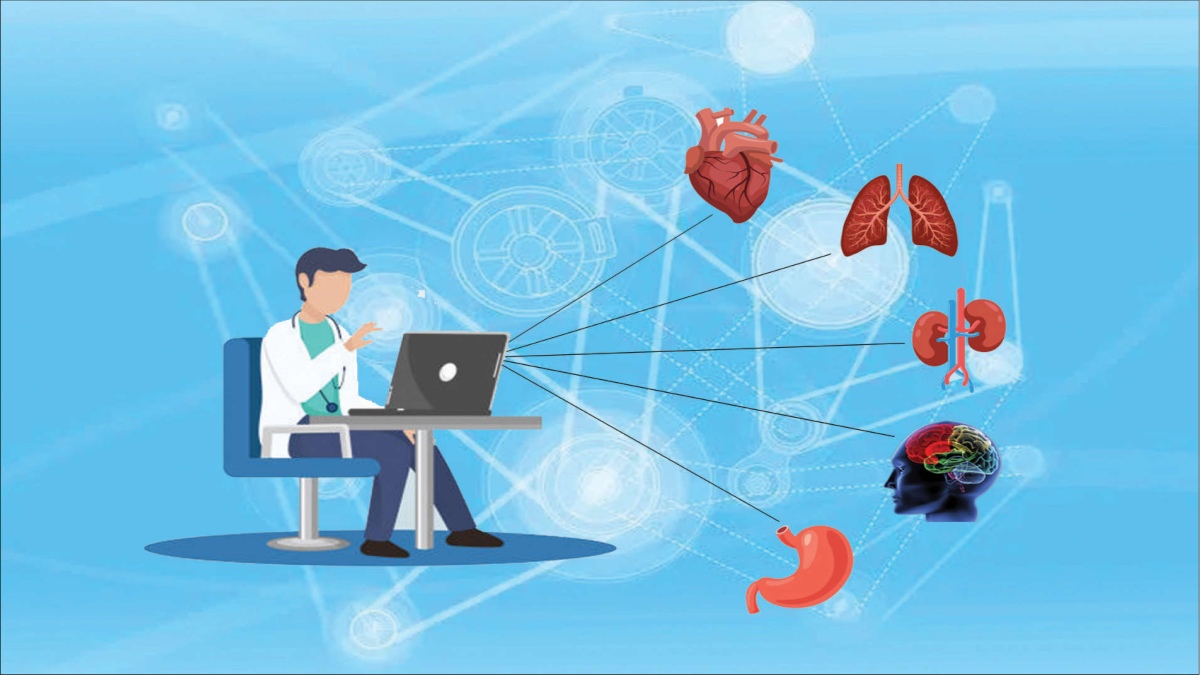
I know some doctors who have returned to India after practising for years in developed countries. You don’t need to carry documents and other reports when you visit them for treatment. If you are their patient then all your records are with them. Only your prescribed medical number has to be mentioned while seeking an appointment. Several of these doctors have even developed their own apps and online consultations can also be obtained by sharing details about the illness.
After seeing the health record management system of these doctors, the question always arises in my mind that why can’t the health system in India be like this? Why is it not being tried here? On 15th August 2020, when Prime Minister Narendra Modi announced the pilot project of National Digital Health Mission for some parts of the country, I had full hope that it would deliver better results. The same thing happened too. In the Union Territories of Andaman and Nicobar, Puducherry, Dadra and Nagar Haveli and Daman and Diu, Lakshadweep, Ladakh and Chandigarh, about one lakh health cards have been made and distributed under the pilot project. Positive results are being derived from this project. And September 27, 2021 marked the nationwide roll-out of the digital health cards.
Let us first know what this digital health card is? How it is made and what are its benefits. Usually, whenever a scheme is launched in our country, many questions arise about it. The first question is what will happen to our personal data? In this case, the government has unambiguously stated that the data of every person will be fully safe because no one else will be able to access this data except the doctor or the health care provider. Just as information about you is available in digital form in an Aadhaar card, similarly all the information related to your health will be there in this health card. You will not have to carry old slips, prescriptions and test reports while going to the doctor because all those things will be fed to the server in digital format which can be easily read through a special number of digital health cards.
With this mission, all doctors, hospitals and all types of healthcare providers in the country will be connected to the central server of Ayushman Bharat Digital Mission. If you have consulted any doctor then that form will be uploaded to your health card server from the doctor’s clinic itself. If you have undergone any check-up then that too will be uploaded and you will be able to consult the best doctor from the comfort of your home. Especially in an emergency, this health card will prove to be Aladdin’s Chirag (lamp). I have noticed that when an unknown patient is taken to a hospital after a serious accident, it is difficult to know what his blood group is, whether he is a diabetic or has some other serious health issues or is the person allergic to any medicine. Evidently, a lot of time is lost in gathering information before starting the actual treatment. Now people will carry their health cards with them and in case of an accident, the doctor will know everything about them easily and thus will be able to start treatment immediately.
The launch of health cards is definitely a good step but the biggest problem is the abysmally bad condition of health facilities in the country. During the Covid-19 pandemic, we saw that the health services were completely paralyzed. The situation was worse in villages. There was also no facility for Covid-19 tests there. Be it the public health centres of the villages or the hospitals or medical colleges of the district headquarters, we have seen the acute shortage of oxygen cylinders and shortage of medicines everywhere. We have seen people suffering a lot due to lack of proper health services. The government has also realised this bitter truth. Actually, not having the means is one thing but not being able to use the means available is a more serious thing.
Not being able to use the means available implies that the government has built huge hospitals and super specialty hospitals by spending thousands of crores of the tax-payers money, importing sophisticated machines, but do these machines work? Do poor or common people get medicines? The doctor writes out a prescription and tells the patient that there are no medicines here and that he should buy them from outside. The operation theatre of the medical college remains indefinitely shut and the doctor goes out and works in his private clinic. It is written on the paper that a woman will get all facilities in the nursing home after delivery and even the baby will also get all necessary facilities but what do they get? Will these facilities be available after the distribution of health cards?
This is my considered opinion that it is difficult to improve the situation unless and until the health budget is substantially increased and the accountability of the institutions is fixed. During the Covid-19 pandemic, we saw how medicines became scarce and were sold at premium. How many injections were sold in black market? I would rather insist that it should all be audited. The government should issue a white paper on this matter. And yes, there is one more question about the number of cards. How many cards will you make? Aadhaar Card, PAN Card, Ration Card, Driving Licence Card and Passport Card..! Why not bring all cards and merge them together? Thus there are many unanswered questions. Time will tell whether the health card proves to be really helpful in giving the right to health to the common man or not!
The author is the chairman, Editorial Board of Lokmat Media and former member of Rajya Sabha.
The Ayushman Bharat Digital Mission is undoubtedly a grand vision of Prime Minister Narendra Modi. The roll-out of digital health cards is a good thing but the biggest question is how will the health system of our country improve? Will the facilities be provided promptly once the health cards are prepared and delivered?
